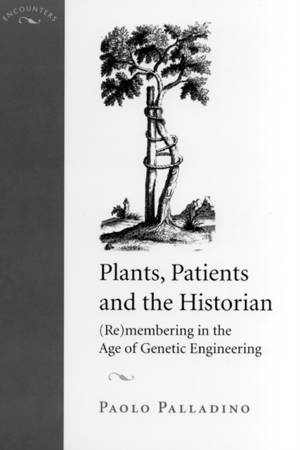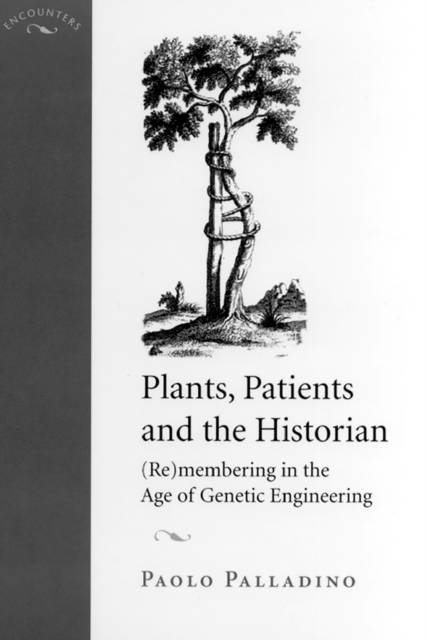
- Afhalen na 1 uur in een winkel met voorraad
- Gratis thuislevering in België vanaf € 30
- Ruim aanbod met 7 miljoen producten
- Afhalen na 1 uur in een winkel met voorraad
- Gratis thuislevering in België vanaf € 30
- Ruim aanbod met 7 miljoen producten
Zoeken
€ 49,95
+ 99 punten
Omschrijving
Plants, Patients, and the Historian examines the relationship between the act of historical recollection and the coming "age of genetic engineering." Paolo Palladino provides a history of genetics in Britain from its inception as an agricultural science in the early years of the twentieth century to its contemporary biomedical applications. The book focuses specifically on the institutionalization of two cases--plant breeding and the genetics of cancer. More subtly, however, the author suggests that the ability to tinker with genetic material--which is itself a form of history--changes our understanding of the past. Like plants and patients, the archive is not simply a repository of the past, but is instead the principle of formation of the past, the present, and the future. In explaining the similarities and their conceptual implications, the author argues further that the same principle of formation that creates the historical actor, the plant or patient that once was, also produces the historian or geneticist who is and will be. Theoretically informed and empirically substantiated, Plants, Patients, and the Historian is an innovative study at the intersection of critical theory, science and technology studies, and historiography.
Specificaties
Betrokkenen
- Auteur(s):
- Uitgeverij:
Inhoud
- Aantal bladzijden:
- 264
- Taal:
- Engels
- Reeks:
Eigenschappen
- Productcode (EAN):
- 9780813532387
- Verschijningsdatum:
- 11/02/2003
- Uitvoering:
- Paperback
- Formaat:
- Trade paperback (VS)
- Afmetingen:
- 140 mm x 202 mm
- Gewicht:
- 308 g

Alleen bij Standaard Boekhandel
+ 99 punten op je klantenkaart van Standaard Boekhandel
Beoordelingen
We publiceren alleen reviews die voldoen aan de voorwaarden voor reviews. Bekijk onze voorwaarden voor reviews.











